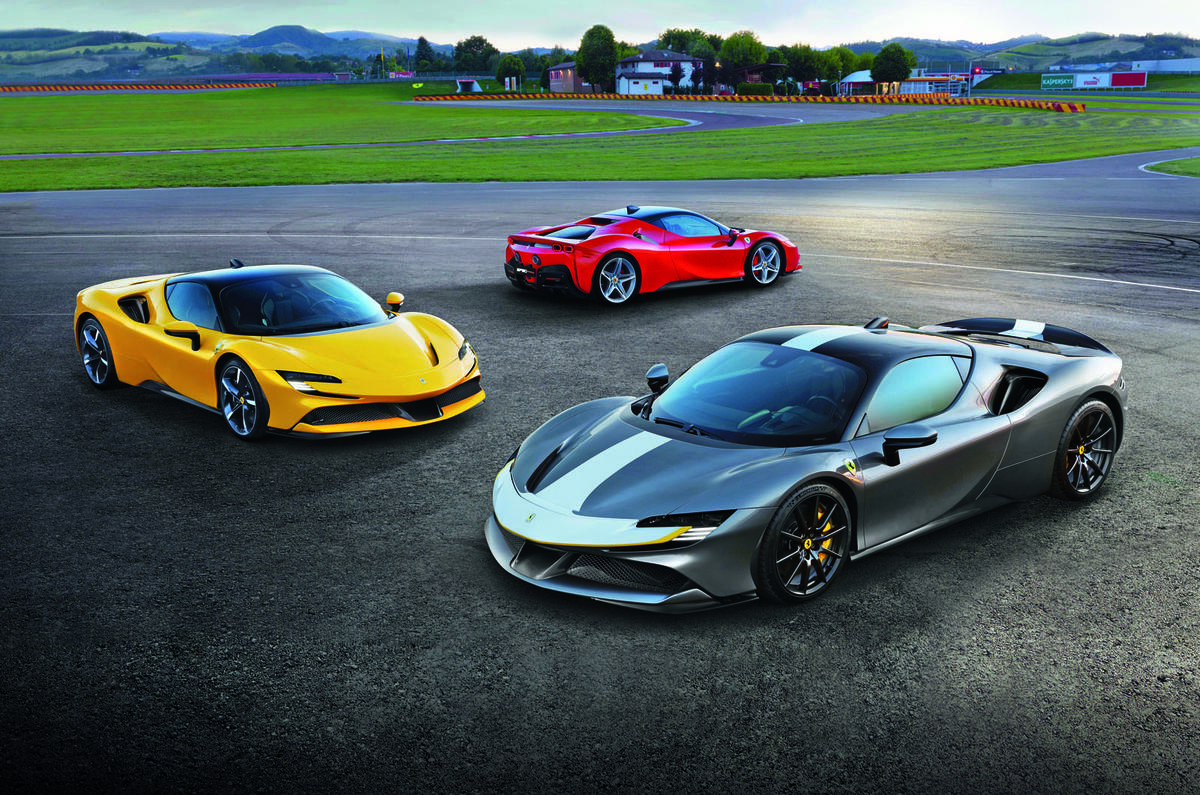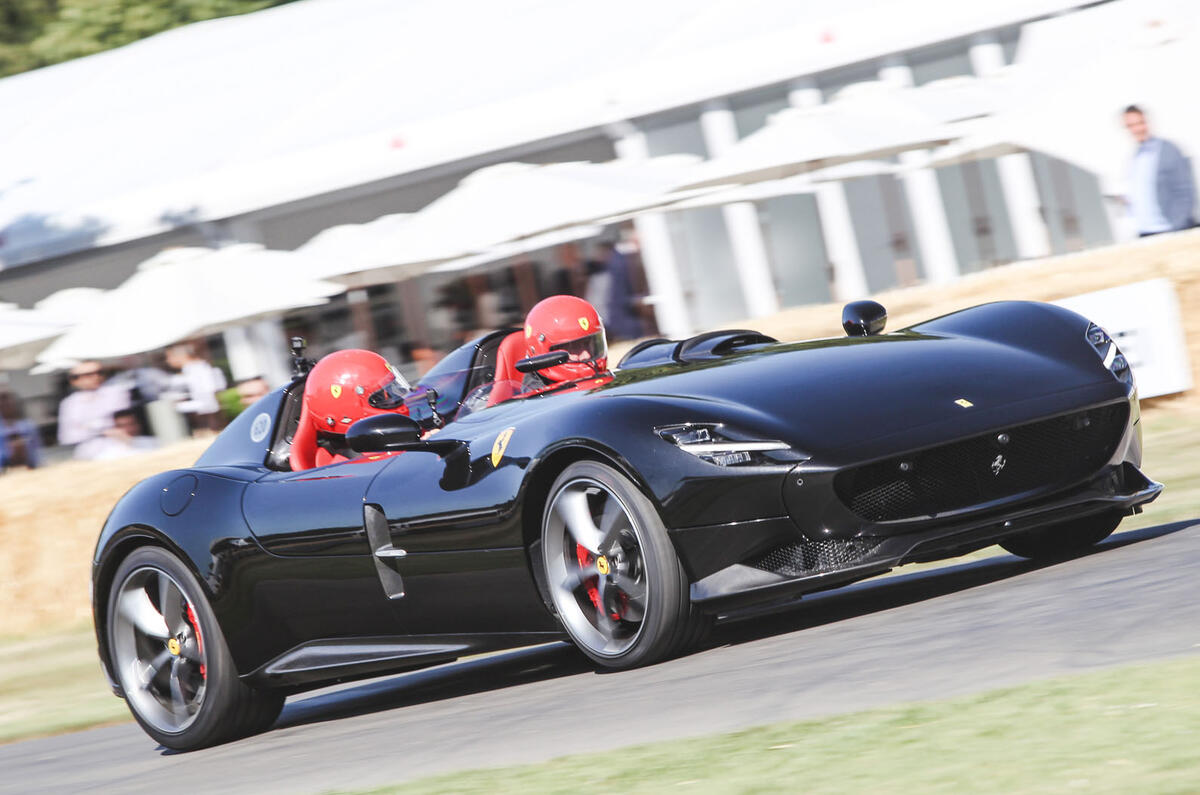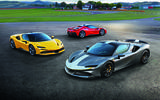Ferrari is preparing to launch the first of the 15 new models promised in September 2018 and due to arrive before 2023. The man tasked with leading the development of them all is chief technology officer Michael Leiters, who joined the company in 2015. We sat down with him on a recent trip to Maranello.
Ferrari will soon launch its SF90 Stradale supercar. Why have you made it a hybrid?
“We’re convinced we’ve made the next step with hybrid technology. We had the alternative of an internal-combustion-engined car but the one element that really convinced us was all-wheel drive [due to the SF90’s twin electric motors at the front].

“You gain a lot with all-wheel drive. Not just in the 0-100kph time but in a very sporty way to the car. To do this on a sports car convinced us to do it.
“Why plug-in, and not just hybrid? Even though you want to have so much power for certain moments, you don’t always want the sound. If you leave early in the morning, you don’t have to make a racket.”
What’s the positioning of the SF90 Stradale?
“We had 488 and 812 and saw space to create a new segment with no consolidation to the 812 or 488. So we needed to add a load of performance over the 812 and make new features over the 488, which is not hybrid or all-wheel drive.






























Add your comment